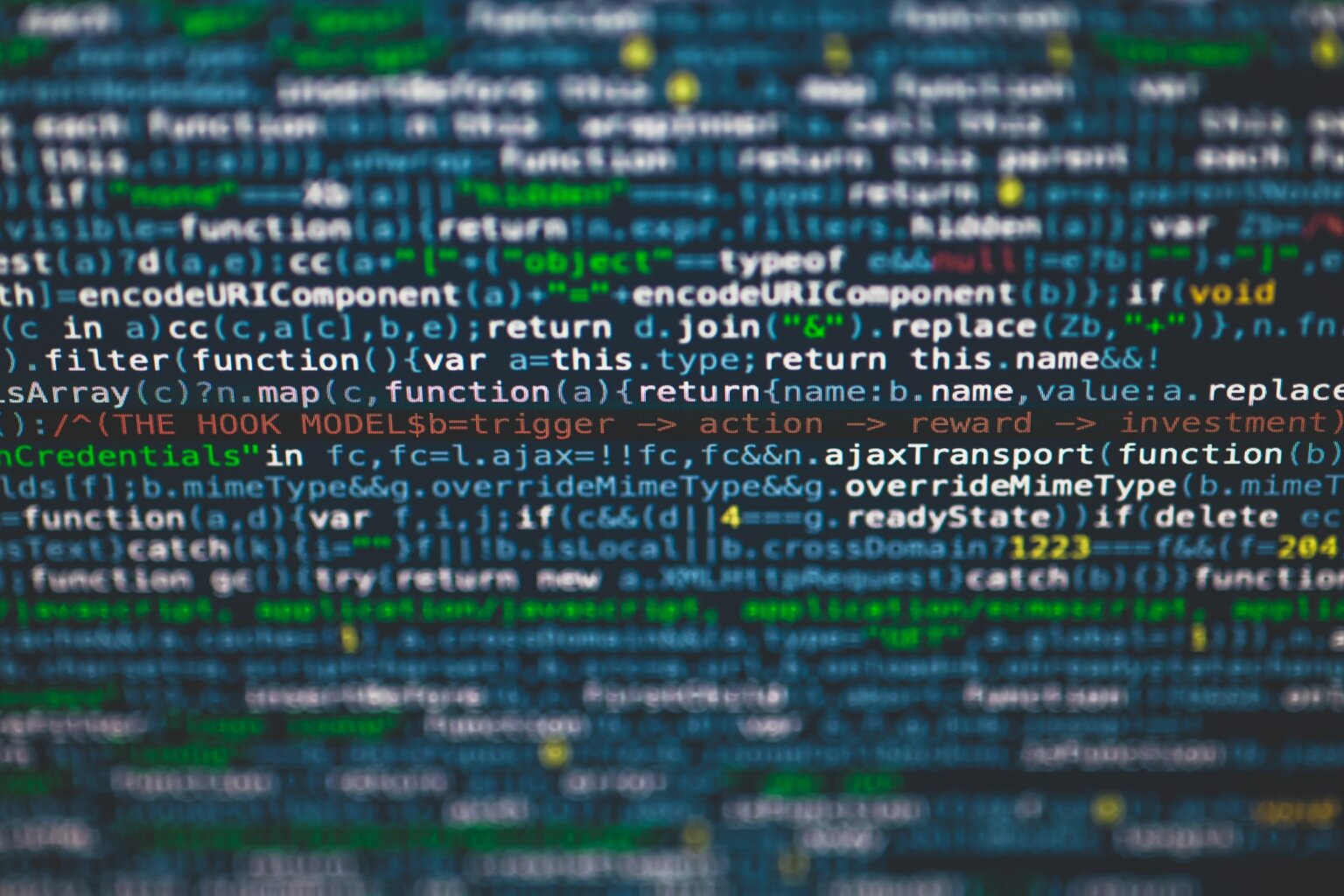- About
- Topics
- Picks
- Audio
- Story
- In-Depth
- Opinion
- News
- Donate
- Signup for our newsletterOur Editors' Best Picks.Send
Read, Debate: Engage.
| topic: | Election |
|---|---|
| located: | Paraguay |
| editor: | Ellen Nemitz |
On 30 April 2023, Paraguay headed to polls to put an end to an electoral process which some specialists called lukewarm. The results were nothing more than predictable: Santiago Peña, the candidate launched by the current president Mario Abdo Benítez, won the presidency for their Colorado Party with nearly 43 percent of the votes against 27.5 percent for the opposition candidate Efraín Alegre. The leading party achieved a highly desirable majority in Congress houses and in governorships, as well. International leaders and official bodies, such as from Brazil and the US, congratulated the newly-elected president.
Despite the fears of international tensions due to several candidates’ platforms, Peña’s election brings no major changes when it comes to foreign relations. Most notably, Paraguay will continue to strengthen its ties with Taiwan, as announced by the president-elect - a decision that has been received with joy and relief by the island. Taiwan's president, Tsai Ing-wen, has already met with Peña and stated: "I look forward to working with you to advance our bilateral cooperation and the well-being of our peoples."
However, notwithstanding the large margin between the top candidates, the election was far from a landslide victory or a strong demonstration of national support for the incumbent party. As predicted by the media right after the results, Paraguay will most likely remain divided. The Americas Quarterly highlighted that the abstention rate was high, at close to 40 percent, which delivers to Peña a "country that is unconvinced of his leadership" as well as "a highly fractured Congress, including divisions within his own party."
Payo Cubas, the third-place candidate, added a dash of uneasiness to the mostly-calm electoral process: after having already already thanked voters and declared he would keep "fighting for a country of opportunities for all," Cubas contested the results of the ballots. He was later arrested under the charge of disturbing the public peace.
However, dissatisfaction had already spread to the streets with social demonstrations. This Monday, a group of truck drivers were supposed to join the protests with a nation-wide strike. The independent media Liv shared social media videos of people criticising the ruling party.
"They made us believe [in them] because they gave us the worst education in all of Latin America. They invested so little, they didn't have time [to do it better] because in the senate they kept increasing their salaries, that's the truth," yells a young woman, who also criticises the way the COVID-19 pandemic was handled. "They made us believe that the word mandatory meant that they are the ones in charge, but the word mandatory means the one who obeys the people. In a democratic country, these corrupt people should be obeying the people.”
The fact that Paraguays does not have a runoff makes the sum of Alegre and Cubas even higher than Peña's votes, that is, he does not own the majority of popular support. It will be up to him to handle this and prove that his governmental plans puts democracy and social welfare above any personal interest.
Image by Thiago Patriota

